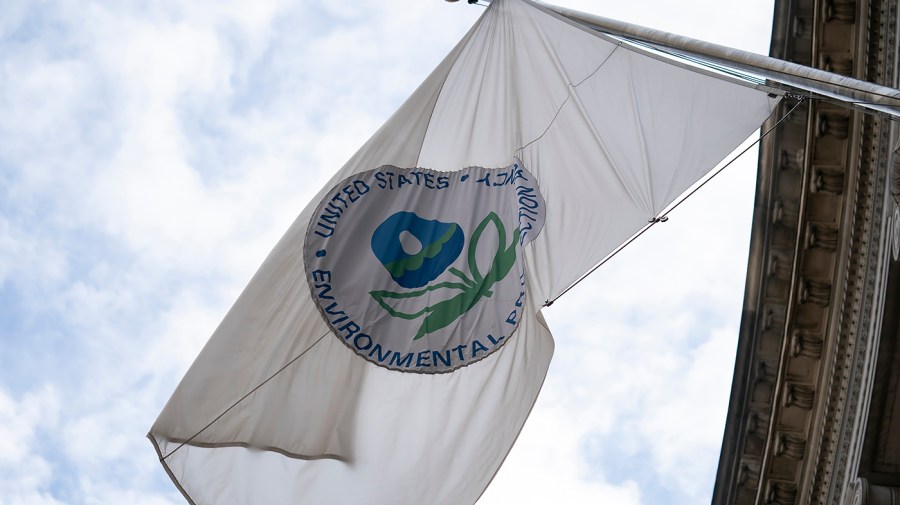The Trump administration announced a proposal to repeal a significant finding regarding greenhouse gases, which previously established that climate change poses a threat to public health. During an event in Indianapolis on October 24, 2023, Lee Zeldin, the Administrator of the Environmental Protection Agency (EPA), stated that the agency intends to abandon the endangerment finding established during the Obama administration. This finding is foundational to the United States’ climate regulations, including those affecting the automobile industry.
In a press release, the EPA indicated that finalizing the proposal would result in the repeal of all greenhouse gas emissions regulations for motor vehicles and engines. Additionally, it would lead to the cancellation of existing greenhouse gas standards. Zeldin characterized the proposal as “the largest deregulatory action in the history of the United States,” highlighting the administration’s intent to eliminate various regulations associated with greenhouse gas standards, including those governing light-, medium-, and heavy-duty vehicles.
The move aligns with a broader strategy by the Trump administration to reduce government regulations across multiple sectors, which includes efforts that could hinder the United States’ response to climate change. Climate change, largely driven by human activities such as the burning of fossil fuels, continues to contribute to extreme weather conditions globally. The announcement comes at a time when the United States is experiencing severe climate-related disasters, including devastating floods in Texas, which resulted in over 130 fatalities, alongside other flooding and extreme heat events affecting different regions.
The EPA’s original endangerment finding was established in 2009 following the pivotal Massachusetts v. EPA court case. This landmark ruling empowered the EPA to regulate greenhouse gas emissions under the Clean Air Act if these emissions were deemed a threat to public health. Zeldin’s announcement signals a substantial shift in the approach to climate regulation in the United States.
It is important to note that the proposal announced on October 24 is not yet final. The draft determination will undergo a public comment period before any final decision is made by the EPA. This period allows stakeholders and the public to provide feedback on the proposed changes, which could ultimately influence the agency’s course of action regarding greenhouse gas regulations.
The implications of this proposed repeal could be significant, affecting not only the automotive sector but also broader climate policy in the United States. As the nation grapples with the realities of climate change and its impacts, the outcome of this proposal may shape the future landscape of environmental regulations in America.






































































